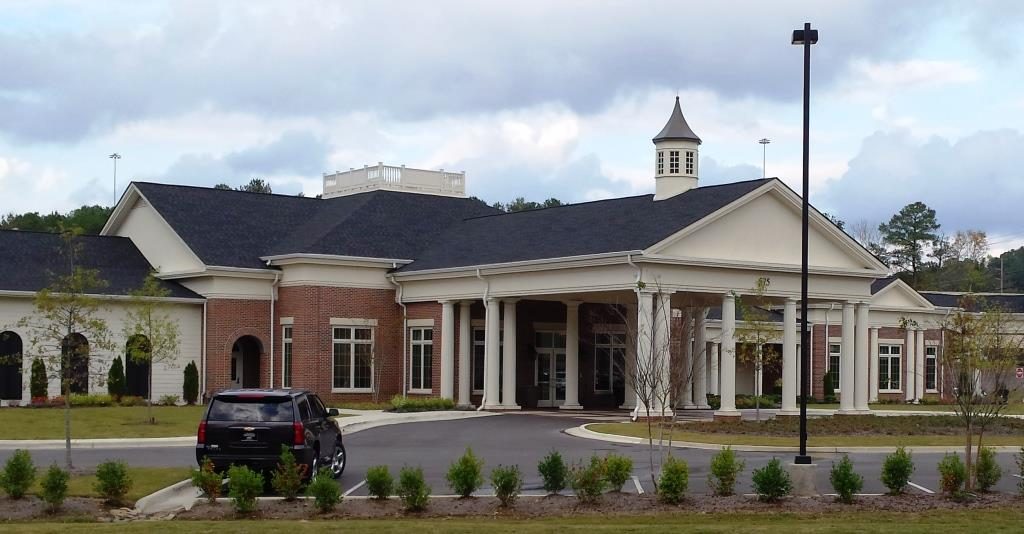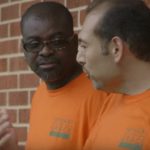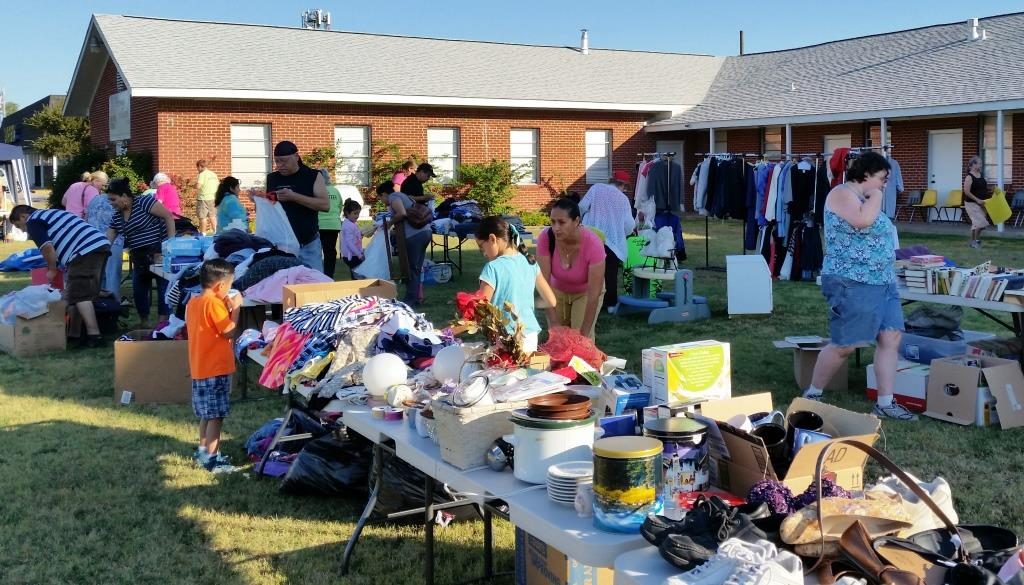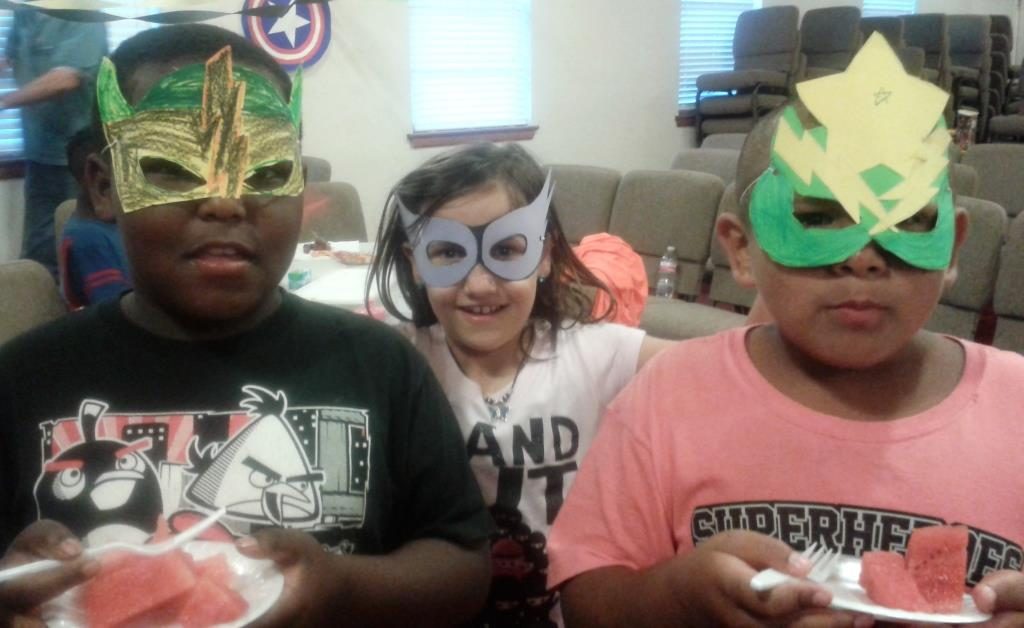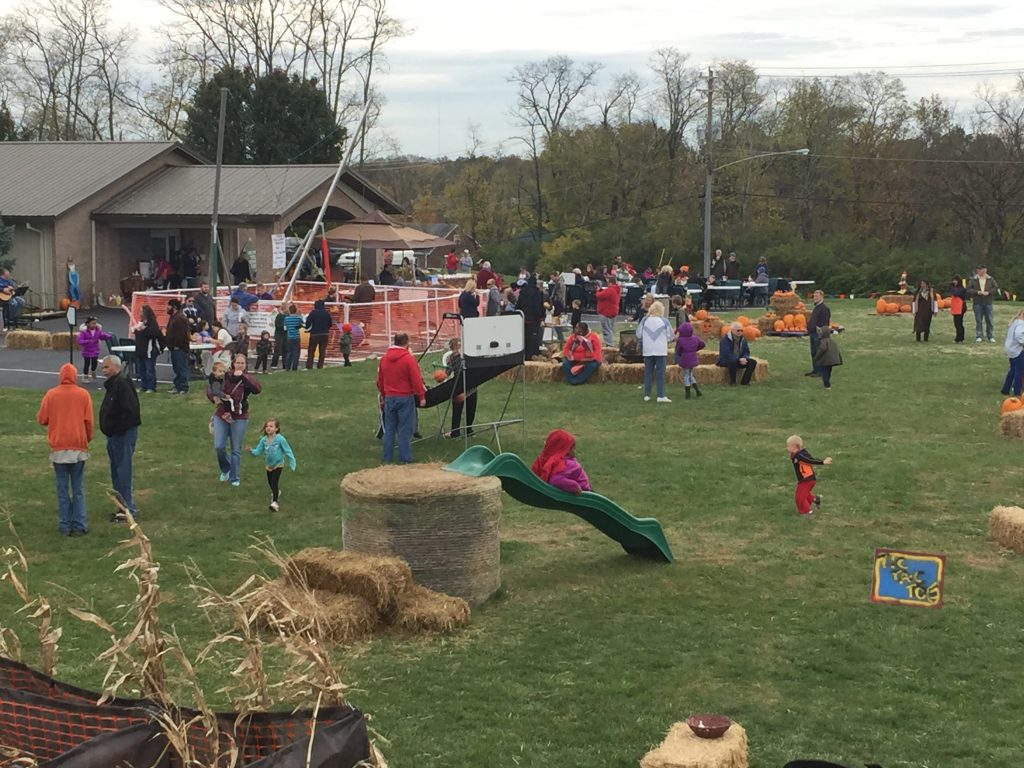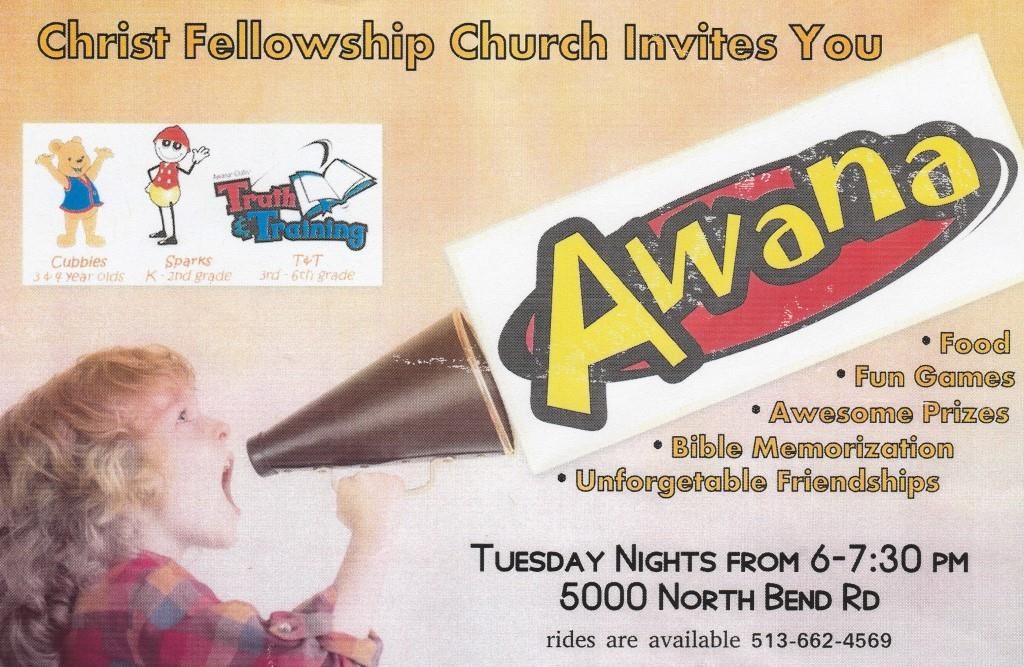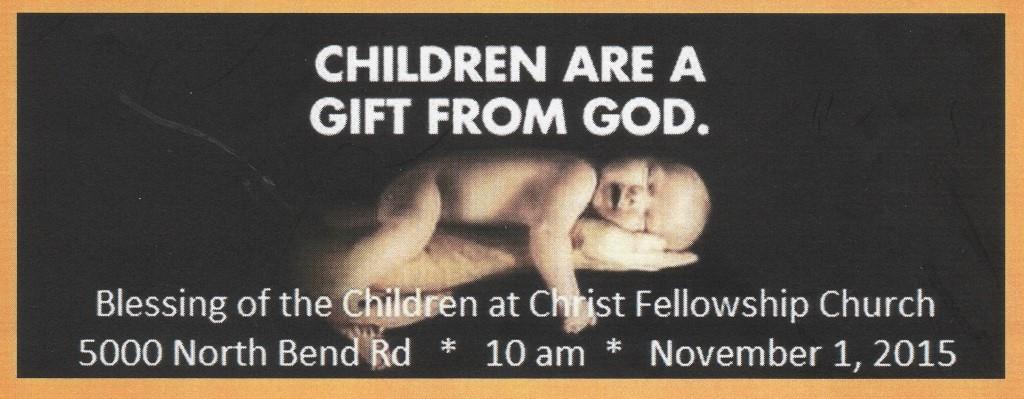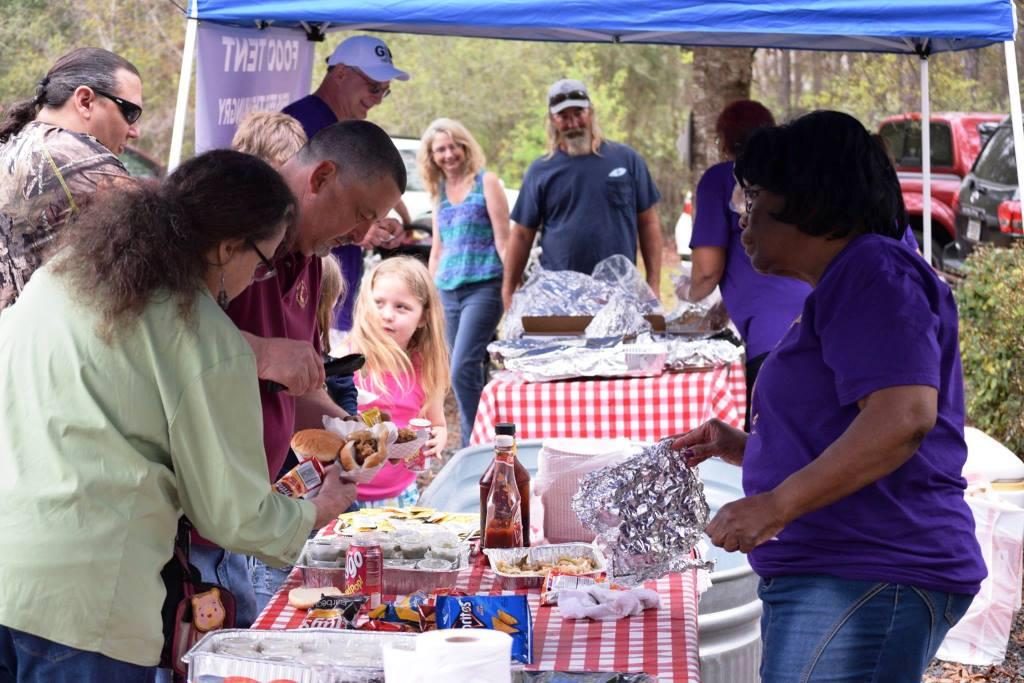Dear Pastors and Ministry Leaders,

Rebuilding GCI is the theme for this issue of Equipper. That theme came into focus for me during the U.S. regional conference held in February in Ontario, California. Our Intern Program coordinator, Jeff McSwain, stepped out in faith and began his address to the conference by boldly declaring, “To the naked eye, we are a dying church!” As you might expect, the audience was a bit stunned. But then Jeff pointed out that we serve an amazing God who has marvelous plans to rebuild us. Jeff’s intent was not only to point out our challenging present condition, but also to help us sense what God has for us going forward. He mentioned how thrilled he is to be working full-time with GCI on this amazing journey.
Concerning that journey, at the Converge East conference in Ohio in March, I addressed our forward progress toward our future (what we refer to as GCnext). The video below excerpts my comments, and the articles in this issue provide additional detail about ways we can journey forward with Jesus. I hope these bring you both encouragement and challenge.
On YouTube at https://youtu.be/YP1LLX7WntA.
Nehemiah’s example
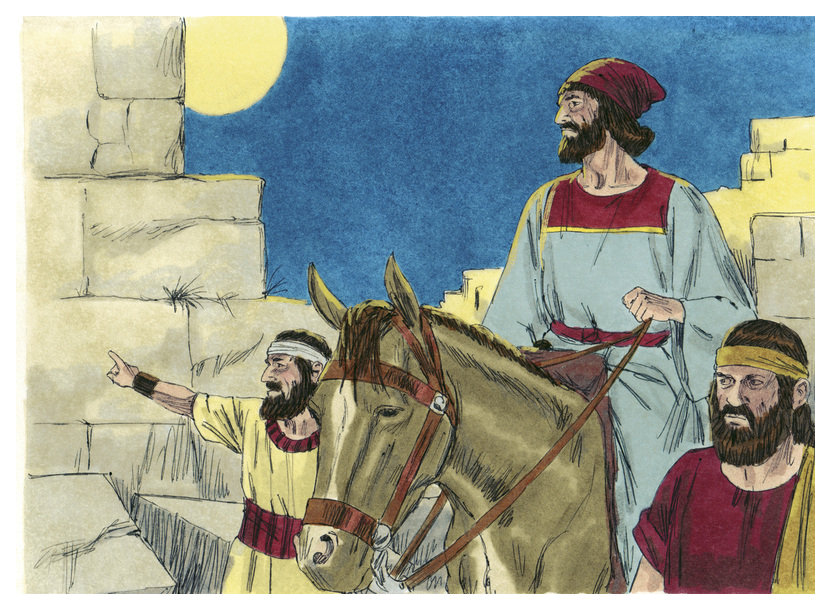
(from Sweet Media via Wikimedia Commons)
A week after the regional conference, I visited NewLife Fellowship, one of our churches in Southern California. NewLife Pastor Bermie Dizon’s sermon told the story of Nehemiah, a Jewish exile serving as cupbearer in the court of Persian King Artaxerxes I. Through God’s intervention, Nehemiah was granted permission to take a group of Jews back to Jerusalem to rebuild the city wall. Bermie focused on Nehemiah’s initial response to learning of Jerusalem’s ragged condition:
In the month of Kislev in the twentieth year, while I was in the citadel of Susa, Hanani, one of my brothers, came from Judah with some other men, and I questioned them about the Jewish remnant that had survived the exile, and also about Jerusalem. They said to me, “Those who survived the exile and are back in the province are in great trouble and disgrace. The wall of Jerusalem is broken down, and its gates have been burned with fire.” When I heard these things, I sat down and wept. For some days I mourned and fasted and prayed before the God of heaven. (Nehemiah 1:1-4)
This passage reminded me of Jeff’s comment that GCI is dying. I asked myself, “Am I deeply stirred concerning the condition of my church? Am I, like Nehemiah, going before our Papa/Father in heaven, seeking him through mourning, fasting and prayer?”
Seeking God and his will
 Through Bermie, God was reminding me of the reality of where true and lasting rebuilding must begin. Though planning meetings, and training to provide motivation and skill development are essential, these tools are not nearly as important as spending time with Jesus, seeking his will for us. The church, after all, is his body.
Through Bermie, God was reminding me of the reality of where true and lasting rebuilding must begin. Though planning meetings, and training to provide motivation and skill development are essential, these tools are not nearly as important as spending time with Jesus, seeking his will for us. The church, after all, is his body.
Please don’t get me wrong, I’m not implying that God has forgotten us or removed himself from us—quite the opposite is true. What I am saying is that Jeff’s statement penetrated deeply into my head and heart. I’m also saying that Nehemiah’s example deeply moved me as well. I’m now even more committed to talking with Jesus about the little part of his church we call GCI. I’m personally setting aside several days in May to spend in fasting and prayer concerning the rebuilding that the Father, Son and Spirit have in store for us. Ultimately I want to discern their will and plans for us. I know you do too.
I’m not saying, “Look at me!,” nor am I trying to strong-arm anyone into joining me. But I invite any who read this to participate with me, setting aside time in May to seek the Lord’s face on behalf of GCI—seeking to discern his will and plans for us. I think we’ll find them beyond our wildest imaginings:
Now to him who is able to do immeasurably more than all we ask or imagine, according to his power that is at work within us, to him be glory in the church and in Christ Jesus throughout all generations, for ever and ever! Amen. (Ephesians 3:20-21)
In the flow of Jesus’ love and leadership,
Greg Williams
PS: In Romans 12 Paul urges us to ground our identity in who we are as recipients of the grace of God. He urges us to use “sober” judgment (Romans 12:3) so that we can see clearly and realistically who we are in him. The same is true for us as congregations. I encourage you to gather as leaders to think and pray about your mission as a congregation. As you do, I encourage you to address these questions:
- What is our generational mix? If we are missing younger generations, what can we do to connect with them? Are there ways we can serve and support younger people whether they join us or not?
- Do we have a community where we are known, and in which we actively serve?
- Are we comfortable with our worship service, or are we open to trying something new? Does our service center on Jesus?
- What happens with our congregation between Sunday services?
- What would we perceive as a “loss” if things changed in our congregation?
- Where do we see our congregation going over the next three years? Is there a plan with well-thought-out steps toward a preferred future?
- What resources do we have for joining with Jesus in his mission of drawing all humanity to himself?
- Is the Spirit nudging us to consider new approaches? How are we responding?


